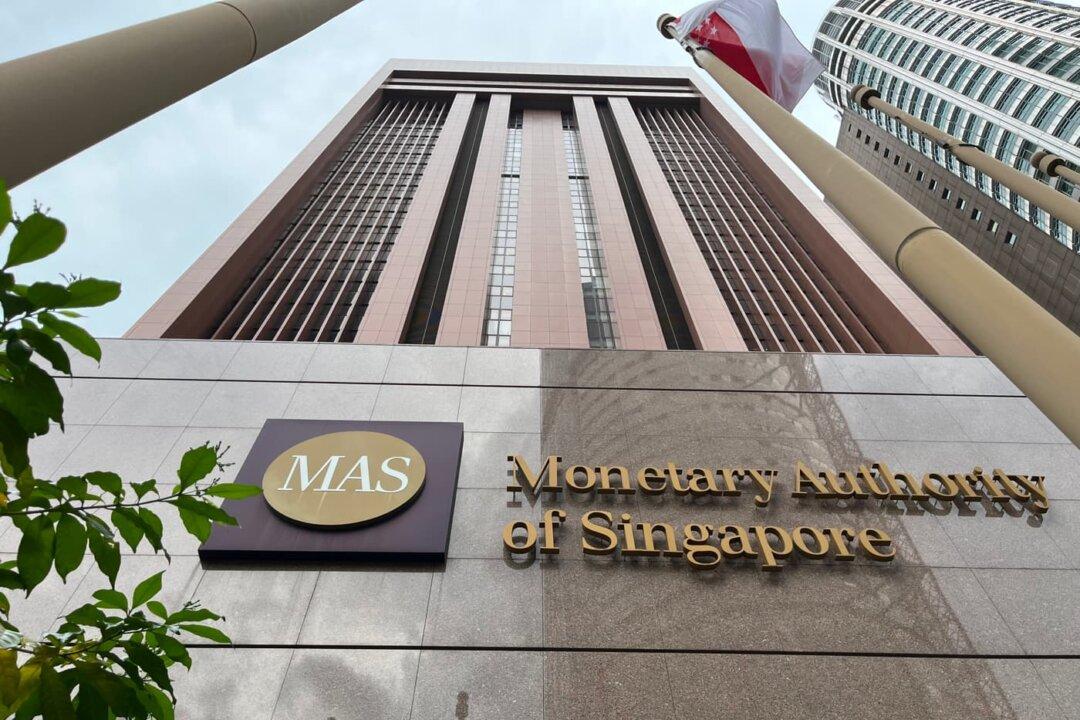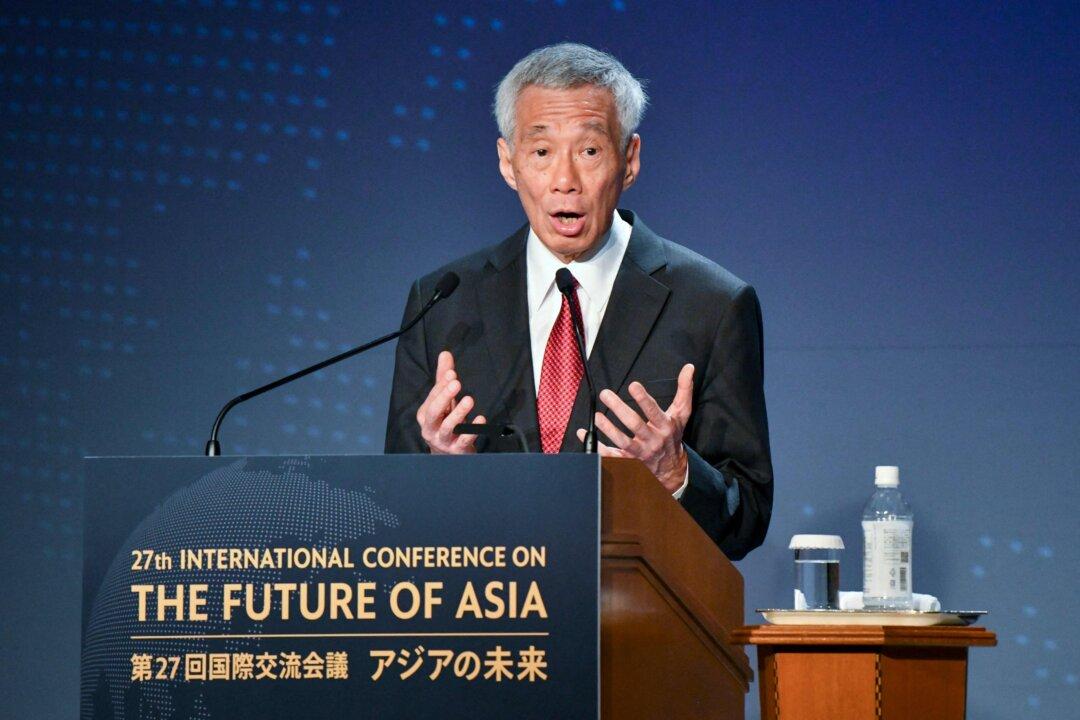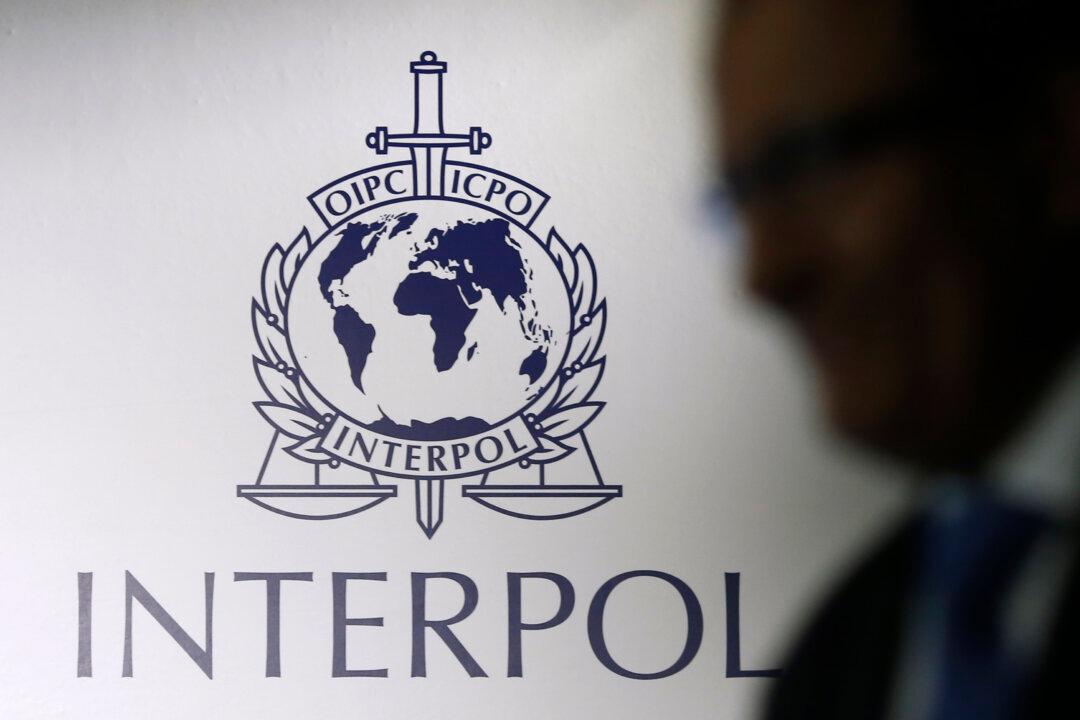Vaccination helps protect against COVID-19 and no safety issues have surfaced after millions of children aged 5 to 11 around the world have been vaccinated, said Singapore’s Senior Minister of State (Ministry of Health), Dr. Janil Puthucheary.
At a virtual press conference held on Dec. 14 by Singapore’s Multi-Ministry Taskforce, the committee managing the country’s response to the COVID-19 pandemic, Puthucheary said severe COVID-19 symptoms were rare for children, but they still risked hospitalization, oxygen supplementation, and ICU admission if they did get them.




